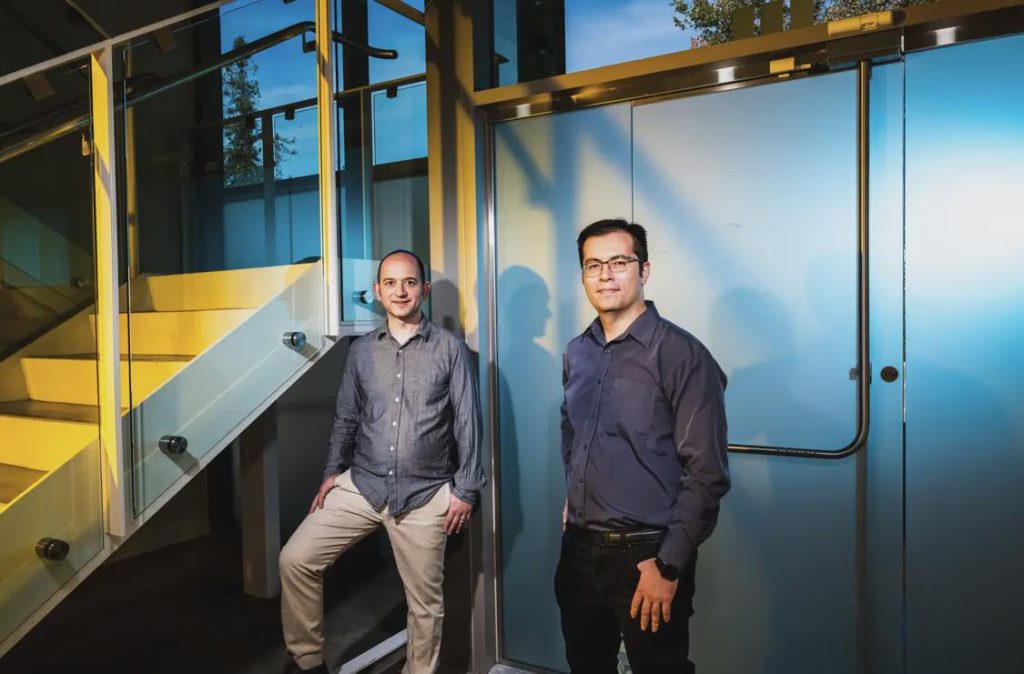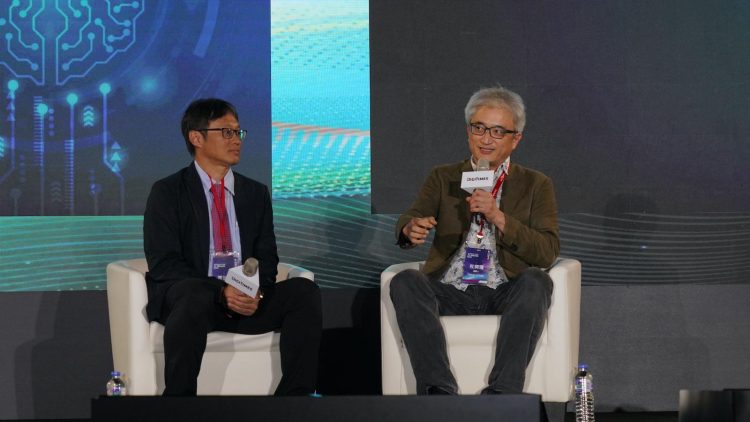Artificial intelligence is no longer a futuristic concept—it’s a present-day force actively reshaping how we live, work, and govern. Yet, as AI technology evolves at unprecedented speed, the most pressing question is not just what AI can do, but what it will become. In answering this, the perspectives of global industry leaders—CEOs, researchers, policymakers, and entrepreneurs—offer more than forecasts; they shape public understanding, guide investments, and influence regulation.
So how do today’s most influential voices envision the future of AI? And are their predictions simply aspirational, or will they fundamentally change how we think about intelligence, labor, ethics, and power?
1. Industry Leaders Are Converging on One Belief: AI Will Be Ubiquitous
Across sectors, the consensus among leaders is clear: AI will not remain a niche tool—it will permeate every layer of society and economy.
Sundar Pichai (CEO, Google/Alphabet)
Pichai describes AI as “more profound than fire or electricity,” emphasizing its general-purpose nature. In his vision, AI becomes foundational infrastructure for healthcare, education, energy, and sustainability—not just consumer products.
Jensen Huang (CEO, NVIDIA)
Huang foresees a world where “every company becomes an AI company.” With the rise of generative AI and high-performance compute infrastructure, Huang predicts a shift from AI adoption to AI transformation, with business models and workflows restructured around AI-first capabilities.
Satya Nadella (CEO, Microsoft)
Nadella argues that AI will lead to a “co-pilot” paradigm, where intelligent systems augment—not replace—human capabilities. He predicts that every role in the enterprise will be supported by AI, driving productivity and creativity.
2. Predictions Focus on Four Key Themes
a. Human-AI Collaboration Will Redefine Productivity
Rather than wholesale job displacement, many leaders anticipate a redefinition of human labor. AI will take over routine and repetitive tasks, allowing humans to focus on judgment, creativity, and emotional intelligence.
“The future of work is not man versus machine, but man with machine.”
— Fei-Fei Li, Co-Director, Stanford Human-Centered AI Institute
b. Intelligence Will Become a Commodity
With foundation models becoming widely available, intelligence is increasingly seen as a programmable utility—accessible through APIs, embedded in devices, and distributed across edge and cloud systems.
c. Ethics and Governance Will Define Trust
Leaders like Sam Altman (OpenAI) and Demis Hassabis (DeepMind) warn that unregulated or misaligned AI could pose societal risks. Many believe that the long-term trajectory of AI—especially advanced general intelligence (AGI)—will require global cooperation, much like climate change or nuclear disarmament.
d. AI Will Augment Science, Not Just Business
From drug discovery to climate modeling, AI is seen as a tool to accelerate scientific progress. The idea is that machines won’t just answer questions—they’ll help humans ask better ones.

3. Divergent Views: Optimists, Pragmatists, and Cautious Voices
Despite broad agreement on AI’s significance, leaders disagree on how fast, how far, and how safely AI should be developed.
The Optimists: Accelerationists
Elon Musk, Marc Andreessen, and others argue that AI will create abundance, superintelligence, and existential breakthroughs, from space colonization to human-AI symbiosis.
The Pragmatists: Strategic Adoption
CEOs like Arvind Krishna (IBM) and Lisa Su (AMD) focus on measured, domain-specific applications, stressing the importance of integrating AI with legacy systems and workforce upskilling.
The Cautious Realists: Ethical Alarms
Geoffrey Hinton, Yoshua Bengio, and other early pioneers have begun expressing concern about loss of control, especially with self-improving systems. Their message: “We must proceed, but with serious safeguards.”
4. Will These Predictions Reshape How We Think?
The answer is yes—and here’s why.
a. They Redefine Intelligence Itself
Industry leaders are challenging the assumption that intelligence is uniquely human. If machines can reason, generate, and create, our definitions of cognition, agency, and even consciousness may evolve.
b. They Challenge Our Economic Structures
With predictions that AI could automate 40–60% of knowledge work, leaders are forcing a reconsideration of education, employment, and economic inequality. Universal basic income, lifelong learning, and labor reform are becoming mainstream topics.
c. They Promote a Shift from Tool to Partner
AI is no longer seen merely as software—it is becoming a strategic actor, a partner in decision-making, creativity, and exploration.
d. They Expose Ethical and Existential Questions
As industry leaders openly debate AI’s potential to harm or liberate humanity, society is being urged to engage with ethics, bias, alignment, and transparency at every stage of the development cycle.
5. Conclusion: Not Just Forecasts—Frameworks for the Future
The visions shared by AI leaders are not just predictions—they are frameworks for how we design, regulate, and relate to emerging intelligence. Their views shape policies, funding priorities, and public discourse. Whether optimistic or cautious, their messages demand that we think bigger, plan further ahead, and build more responsibly.
In the years to come, these forecasts may prove wrong in detail—but they are likely right in principle:
AI will change everything—and how we think about that change will determine whether it empowers or endangers us.











































